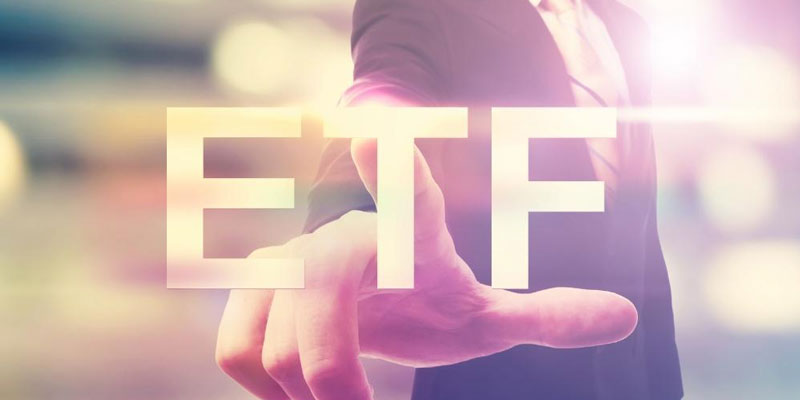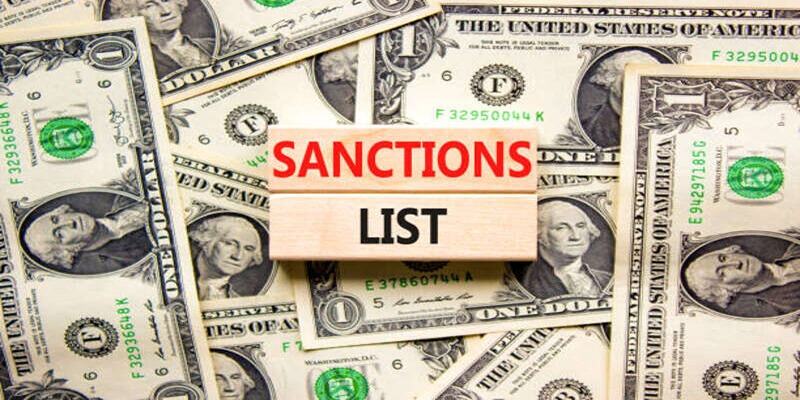If you've ever used your credit card or borrowed money, you're undoubtedly aware that you do have a credit limit. But what precisely is it? In order to be approved for a credit card, a lender sets the maximum amount of money that you may spend. The fact that you know your limit does not imply that you should try to attain it. Learning how to carefully manage your credit limit today will certainly increase your ability to borrow money in the future, such as for a house or a vehicle. Here's what you should know about What Is a Credit Limit.
What Is a Credit Limit?
The credit limit is the max amount of credit that a financial organization will provide to a customer. A credit card or even a line of credit has a credit limit that is set by a bank or other lending organization. In most cases, lenders establish credit limitations based on the information provided by the credit application. Consumers' credit ratings are influenced by a credit limit, which might have an effect on their future capacity to receive credit.
How a Credit Limit Works

Your credit card, as well as the line of credit provider, sets your credit limit. It looks at your income, how much debt you already have, and your credit history to decide. For instance, you can be given a low credit limit to begin with, if you've had a history of making late payments or if your debt is disproportionately high to your income. Once you've applied and been authorized for a credit card, you'll be able to see your credit limit. A cash deposit secures a secured credit card.
If you don't make any payments on your credit card, the cash deposit will be used to pay it off. If you have a security deposit, you'll normally get a credit limit equivalent to that amount. If the credit limit you've been given isn't what you expected, you have the option of asking for a higher one or declining the credit card altogether. You may not be able to keep your credit limit the same for the duration of your credit card. If you're responsible for your credit card use and are on time with your monthly payments, you may be eligible for automatic credit limit increases.
Can Lenders Modify Credit Limits?
Credit limitations may be changed by lenders in most instances. An increase in a borrower's line of credit may be granted if they pay their payments on time and do not exceed their credit limit. The borrower's credit score will rise, and they'll be able to get more and cheaper loans as a result. If the borrower misses payments or shows additional risk, the lender may cut the loan limit. The balance-to-limit ratio rises when a borrower's credit limit is reduced. If a borrower uses a lot of credit, present and future leaders are in danger.
Credit Limit Example
If your credit limit is $2,500, that's the most you may charge at once. A $1,900 charge will leave you with $600 available to spend without paying the penalty or being restricted from using the card in the future. The credit limit is also affected by costs such as interest and finance charges. This means that if you have a debt and interest is accrued, and you'll be able to spend less money on the card. So, if your financing fee is $18, you'll have $582 in your account to use as you see fit!
What Happens If Your Credit Limit Is Exceeded?

A number of things might happen if you exceed your credit limit. There are a number of reasons why your card may be rejected when you attempt to use it. You may also be charged a fee if you participate in an over-the-limit coverage scheme. In any case, it's optional software. If you want to participate in the program, you may be charged a fee each time your credit limit is exceeded during a billing period. Your credit card provider must inform you of the over-limit fees before you sign up.
You may verify your credit card status by contacting your bank. You may also opt-out at any moment if you made a mistake. However, you may be liable for any costs that have already been assessed. In addition, you may be charged extra costs if your account balance remains over your limit after you choose to opt out.
Conclusion
If you exceed your credit limit on something like a credit card or even a line of credit, you may be punished. Your credit card provider sets your credit limit whenever you apply. It is possible to get a credit card that does not have a fixed or predetermined credit limit. With this kind of card, you can only spend the amount of money you have available to you at any one time.











